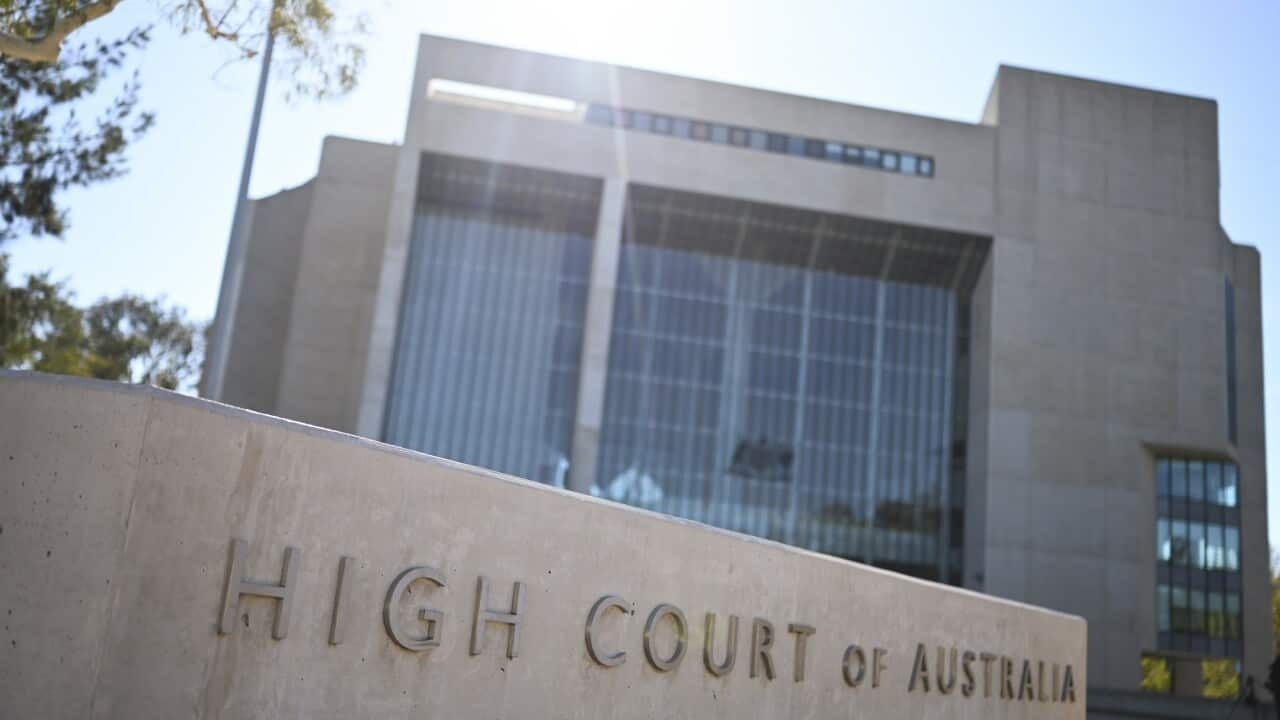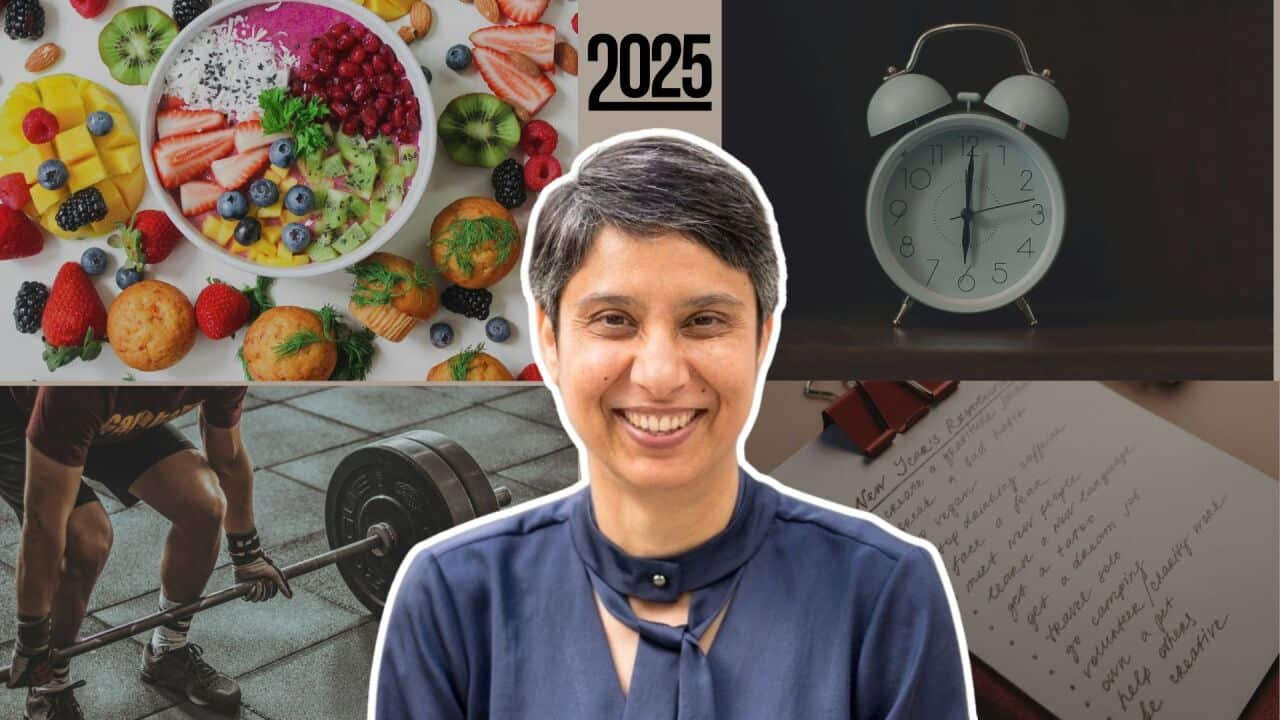The use of the Immigration Minister's power to intervene in visa cases to grant permanent residency has been examined in a High Court ruling that legal academics say have implications for hundreds of other similar visa cases.
The ruling - handed down by seven judges - found that the intervention power, which is made on the grounds of public interest, must be exercised by the Immigration Minister personally and not by an officer in the Immigration Department.
The case was brought by two people: Martin Davis, a UK resident who had been in Australia for 16 years on temporary visas; and a Fijian citizen referred to as "DCM-20" who had been here for almost 20 years also on temporary visas.
Immigration law academic Associate Professor Mary Anne Kenny, at Murdoch University, says the pair argued there were unique and exceptional circumstances that warranted the intervention of the Immigration Minister in their cases, including their long residence in Australia and carer responsibilities for family members who were Australian citizens.
"She was from Fiji, she had applied for various visas and that by the time she came to apply to the minister, she had been living here for 20 years on temporary visas. Returning to Fiji was not really viable because she had no family there. She also had the care of children and elderly relatives, so the idea that she could return to her home country and then apply to come back was, she put forward the argument, that it was very difficult."
Julie Williams is the national president of the Migration Institute of Australia, which represents migration agents and immigration lawyers.
She says the ruling could reopen the cases of a number of vulnerable migrants.
"I think it will be good in respect to especially applicants that perhaps when we say, are more vulnerable, that perhaps are being exploited or are under domestic violence and have not had their cases seen to because they are not perhaps applying under the visa that allows access to that. I think it's going to give them a lot more opportunities."
Ms Williams says she believes there needs to be more transparency on how the ministerial intervention power is used.




